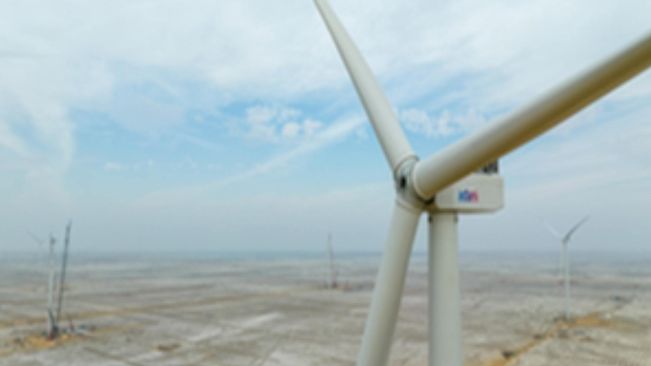AGEL in the renewable energy sector and AESL in transmission and distribution have become the first in their respective segments to join this global alliance.
While AGEL will focus on areas like the buildout of clean power, enhancement of energy security and improvement of energy efficiency, AESL will redouble its efforts towards developing a reliable grid infrastructure for green energy transmission and distribution.
"Joining the Utilities for Net Zero Alliance gives an opportunity to collaborate with global peers on advancing the sustainability goals, drive innovation and accelerate the clean energy transition," said Sagar Adani, Executive Director, AGEL.
As India's largest renewable energy player, "we are committed to delivering 50 GW by 2030 and contribute 10 per cent of the nation’s non-fossil fuel energy goal by that year," Sagar Adani added.
Operating under the guidance of the International Renewable Energy Agency (IRENA) and the UN Climate Change High-Level Champions, UNEZA was established at COP28 with the adoption of the UAE Declaration of Action.
The alliance brings leading global utilities and power companies under one umbrella, to spearhead the development of renewable energy-ready grids, promoting clean energy solutions, and advancing electrification efforts.
"By joining Utilities for Net Zero Alliance, AESL will be able to leverage on the experience of its global peers and in turn share its insights into building high-capacity renewable energy evacuation networks," Anil Sardana, Managing Director of AESL.
"Given the Adani Portfolio’s ambitious renewable energy plans, it is crucial for AESL to establish reliable evacuation networks for uninterrupted renewable energy offtake," Sardana added.
Both AGEL and AESL aim to achieve Net Zero by 2050.
Adani Green Energy plans to increase its renewable energy portfolio from the current operational capacity of 11.2 GW to 50 GW by 2030.
The company is developing the world’s largest renewable energy plant with a capacity of 30 GW at Khavda in Kutch, Gujarat.
For its Mumbai distribution arm, Adani Energy Solutions has set a target to increase the share of renewables in bulk power purchase to 70 per cent by 2030.
Additionally, the company aims to reduce its direct emissions by 72.7 per cent by 2030, relative to 2020 levels.
--IANS
Read Business News















